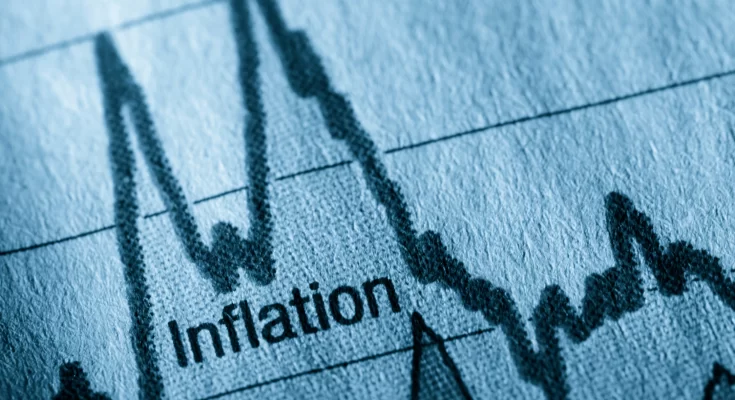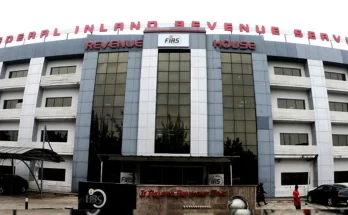Nigeria is implementing significant tax reforms aimed at reducing inflation and stimulating economic growth. A key component of these reforms is the proposed increase in the Value-Added Tax (VAT) rate to 12.5% by 2026.
To mitigate the impact on consumers, essential items such as food and medicine—which constitute approximately 82% of household expenditures—will be exempt from VAT.
This strategy is expected to lower costs for the majority of Nigerians, with only 18% of goods experiencing price increases.
Nigeria’s VAT Collections Hit Record High of ₦6.72 Trillion in 2024
Despite these measures, some critics express concerns that the VAT hike could suppress consumption and hinder industrial growth.
Additionally, a proposal to allocate a larger share of VAT revenues to the states that generate them has sparked debates about potential regional inequalities, particularly affecting northern states.
The government maintains that these reforms are essential for enhancing tax compliance, aligning with global standards, and reducing reliance on borrowing.
The World Bank has noted positive outcomes from Nigeria’s recent policy changes, including a reduction in the fiscal deficit and improvements in various economic sectors.




